Once almost extinct, the oldest Valais red wine variety is now a cult.
Cornalin is the most important indigenous red grape variety in Valais.
It came to Valais from the Aosta Valley (It) centuries ago.
Its parents are the Mayolet and Petit Rouge grape varieties.
In Valais, it was first called “Rouge du Pays” or “Alter Landroter”.
Cornalin is a difficult, unreliable grape: it provokes massive fluctuations in yield.
It was only renamed Cornalin in 1972.
It is an intensely colored, fruity and juicy wine.
Its tannins are silky, with a pleasantly bitter note. 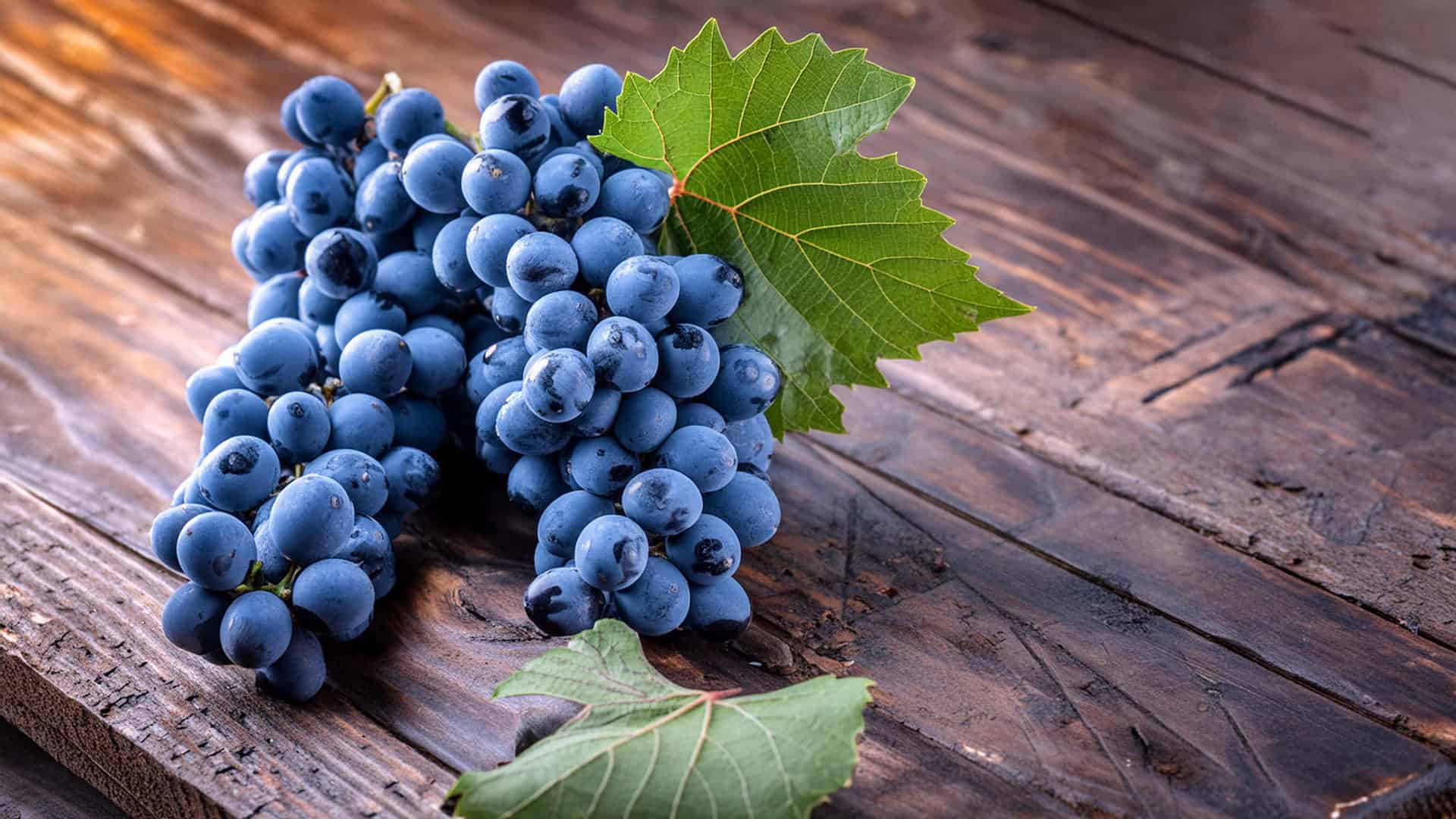
Origin: from the Aosta Valley to Valais
The small Valais village of Flanthey (VS) is considered to be his home town.
The first written references to Neyrum or Landroter date back to 1313.
However, not as Cornalin, but as Landroter and in French as Rouge du Pays.
The oldest surviving red vine in Switzerland can be found in the middle of Leuk-Stadt (VS).
It was planted between 1790 and 1810.
In the early 1970s, the grape variety was as good as extinct.
Courageous winegrowers – mainly from Salgesch – found a few vines and saved them.
The vine was introduced to Valais a long time ago from the Aosta Valley via the Great St. Bernard, while it has disappeared from its region of origin. 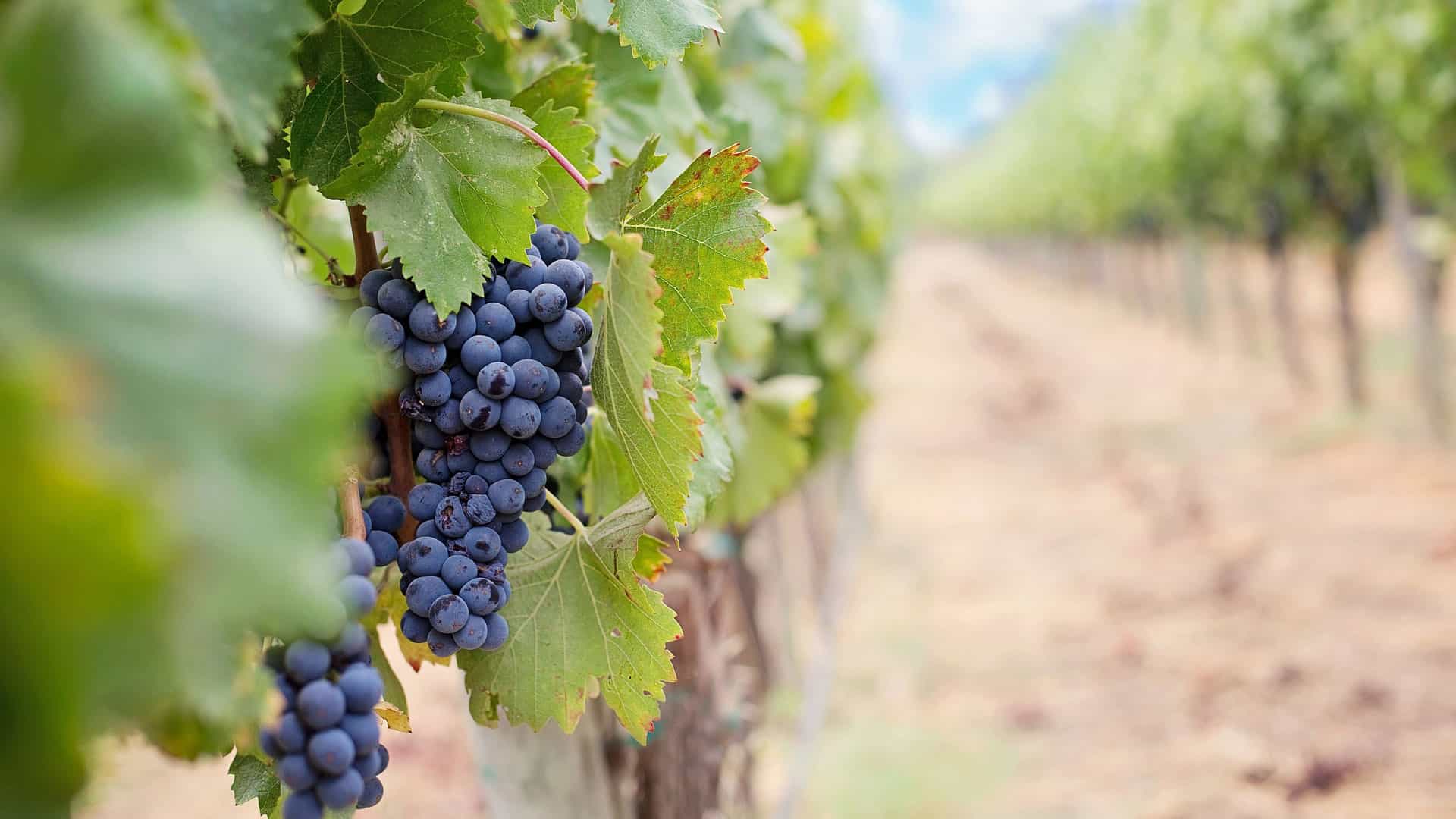
A very rare grape variety
This grape is a rare variety, as it is only grown in Valais.
In addition, its yield can vary from year to year.
And, even though the variety is experiencing a sustained renaissance in Valais, it is only vinified on just over 170 hectares (compared to more than 4600 hectares of total cultivation area in Valais). 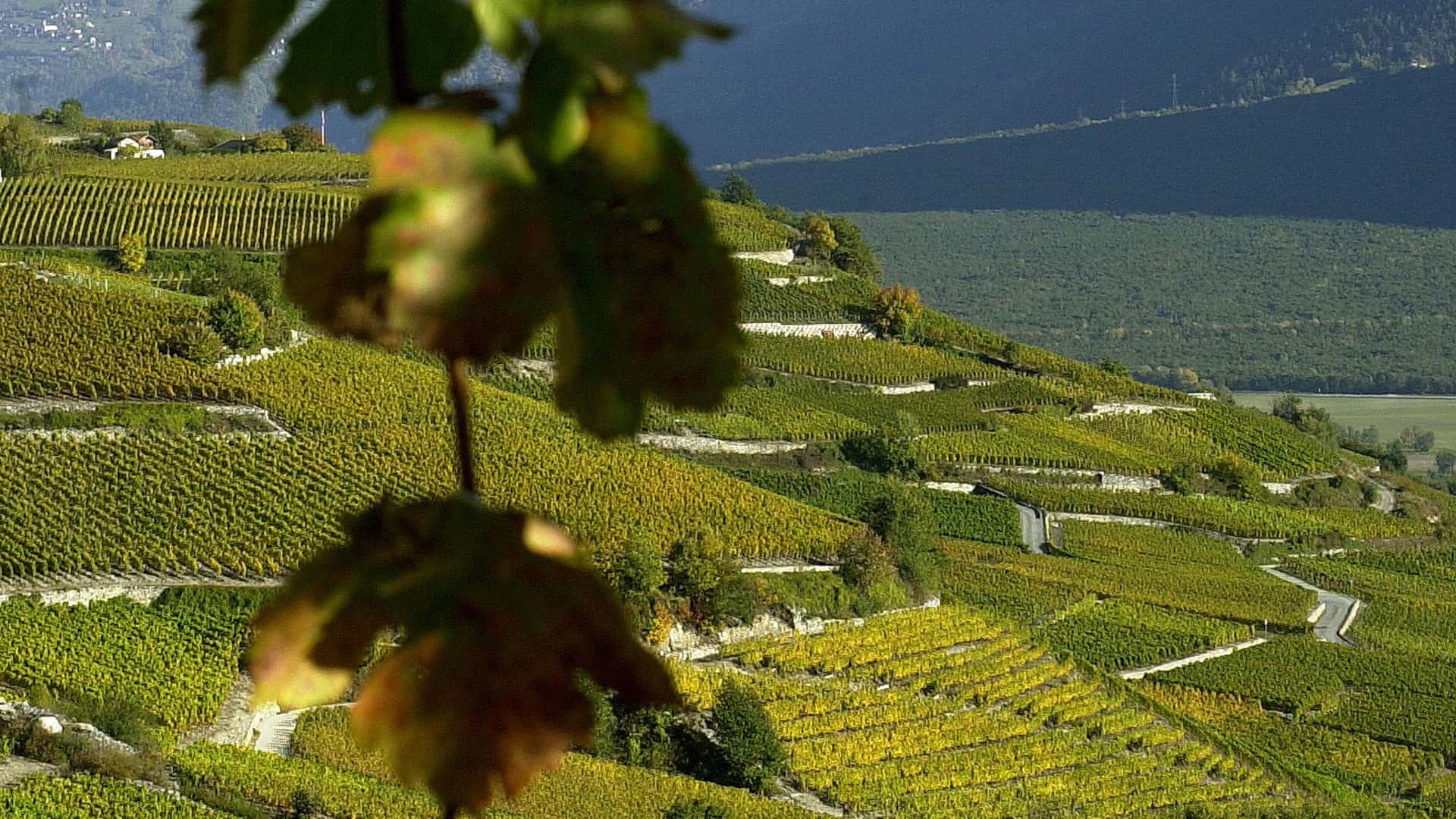
The characteristics of Valais Cornalin
Saving the Cornalin du Valais was one challenge, growing and maturing it is quite another.
It is hard, difficult work.
It demands a lot of patience from the winegrower and respect for setbacks.
The yields are variable.
This grape variety has its whims and pitfalls and has almost brought many a winegrower to the brink of despair.
It is not for nothing that the Cornalin du Valais is also known as the diva.
It can amaze with its deep black, spicy fruit, structure and density.
But it can also bring out its more harmless side, making it appear tamed and banal.
It struggles with ageing in oak barrels.
The winemaker needs to have a sure instinct to prevent it from being dominated by wood.
The Cornalin du Valais is a frost-resistant fighter.
It is frugal on poor soils and is productive over many decades.
However, its susceptibility to rot and, above all, its late ripening, which leads to strongly fluctuating yields, often make winegrowers despair. 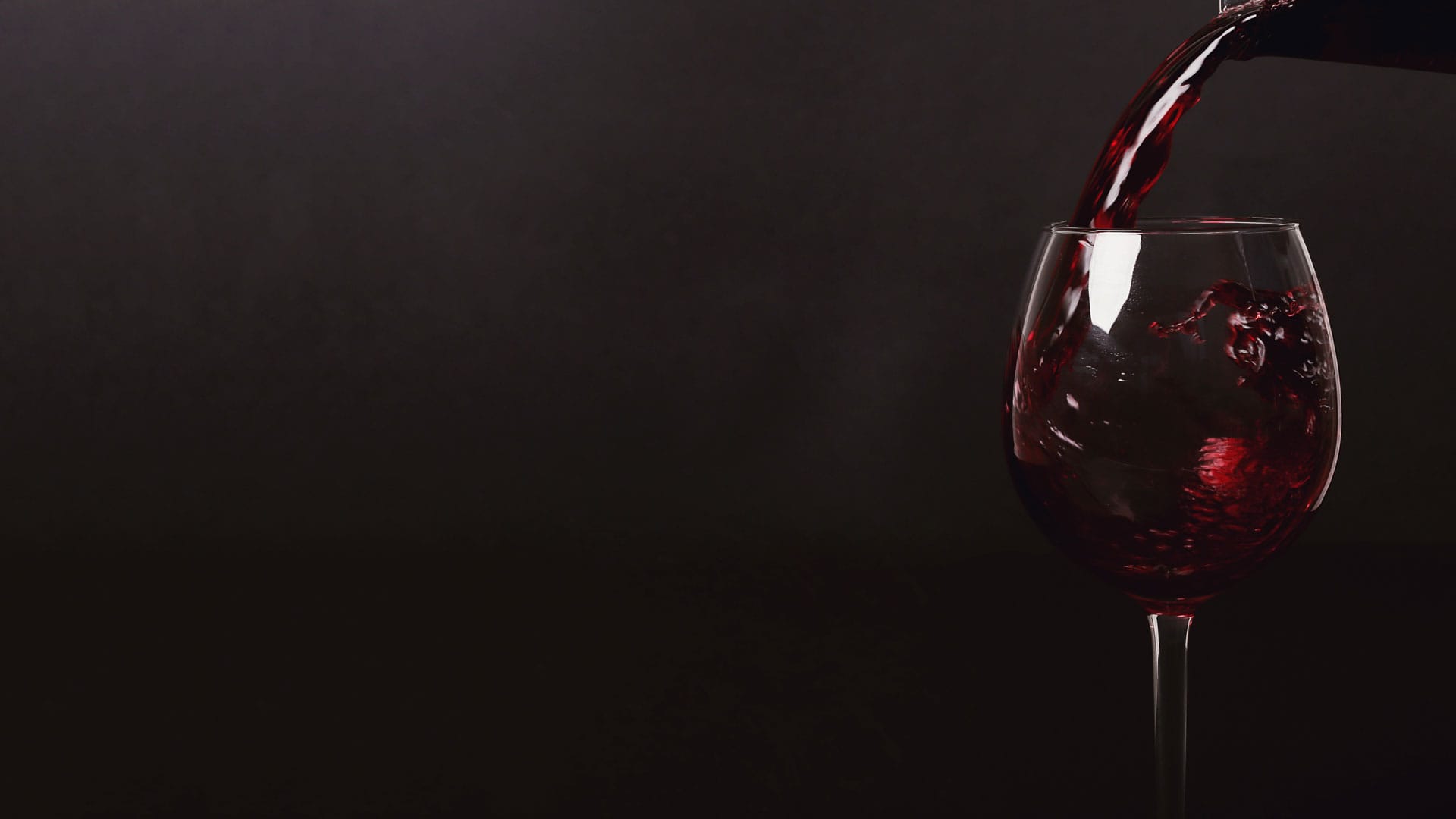
Does the grape really come 100% from Valais?
Landroter or Rouge du Pays sounded all too much like a simple farm wine.
It was therefore renamed Cornalin in 1972.
The viticulture commissioner at the time, Jean Nicollier, suggested this more noble name.
This was despite the fact that a red grape variety of the same name already existed in the Aosta Valley in Italy.
However, it is not identical to the Landroter.
Rather, it is a cross between Mayolet and Petit Rouge.
So today we have the confusing situation of one name being used for two grape varieties: The Cornalin d’Aoste from Italy – it is identical to the Valais Humagne Rouge and a cross between – and the Cornalin du Valais. 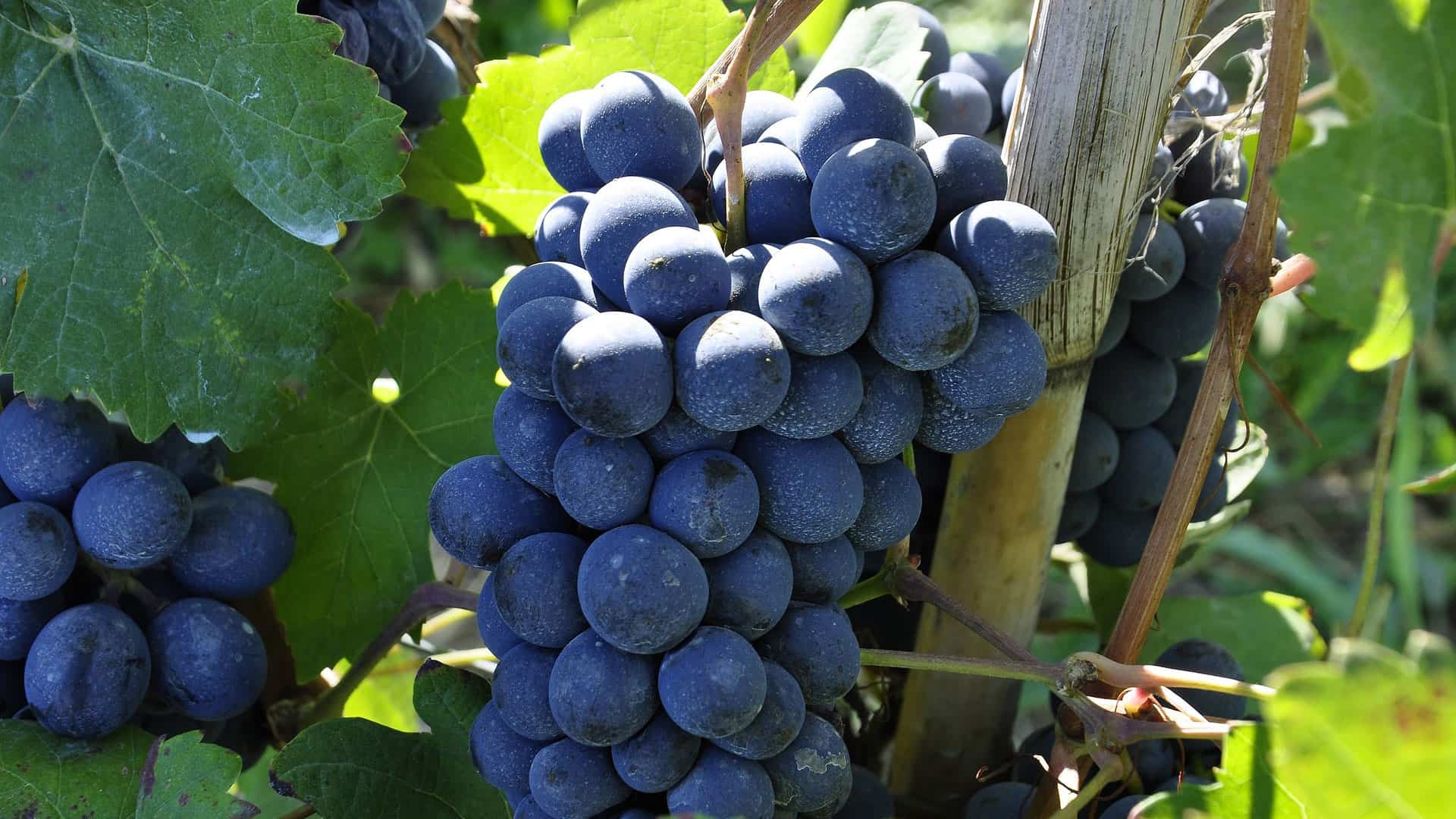
The flagship of Valais red wines
Cornalin is a true flagship for red wines from Valais for several reasons.
Firstly, it impresses with its unique grape variety, which is grown exclusively in Valais and produces a characteristic taste. 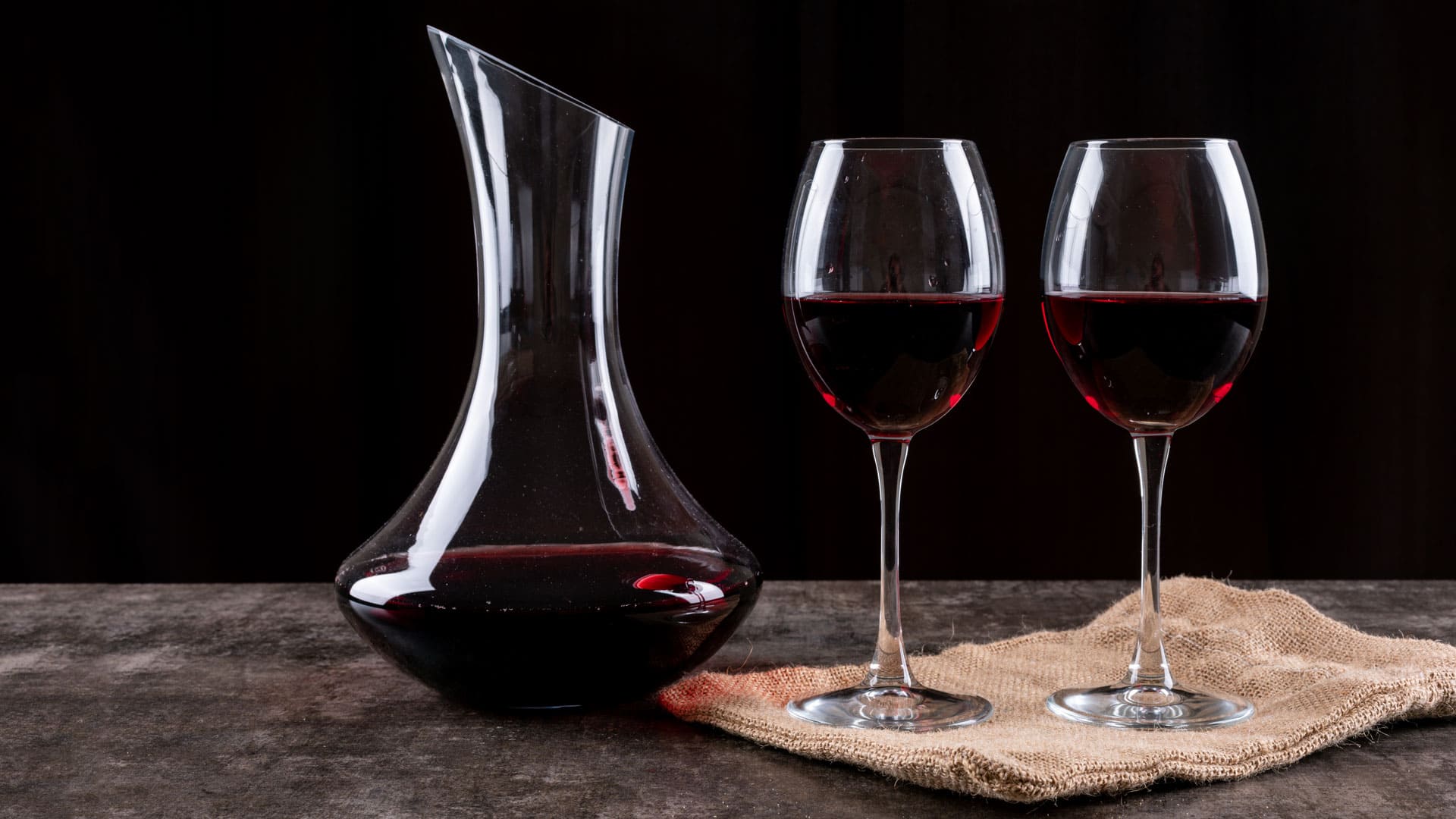 Secondly, Cornalin is characterized by its deep red color and its complex aromatic profile, which combines notes of dark berries, spices and herbs.
Secondly, Cornalin is characterized by its deep red color and its complex aromatic profile, which combines notes of dark berries, spices and herbs.
Thirdly, it shows a remarkable ability to age, which gives it a wide range of flavor nuances, from youthfully fruity to velvety and full-bodied.
Fourthly, Cornalin harmonizes perfectly with the regional dishes of Valais, particularly game dishes and cheese specialities, making it an indispensable accompaniment to traditional cuisine.
Finally, due to its high quality and unique terroir, Cornalin enjoys an excellent reputation among wine lovers worldwide and is therefore a source of pride for Valais. 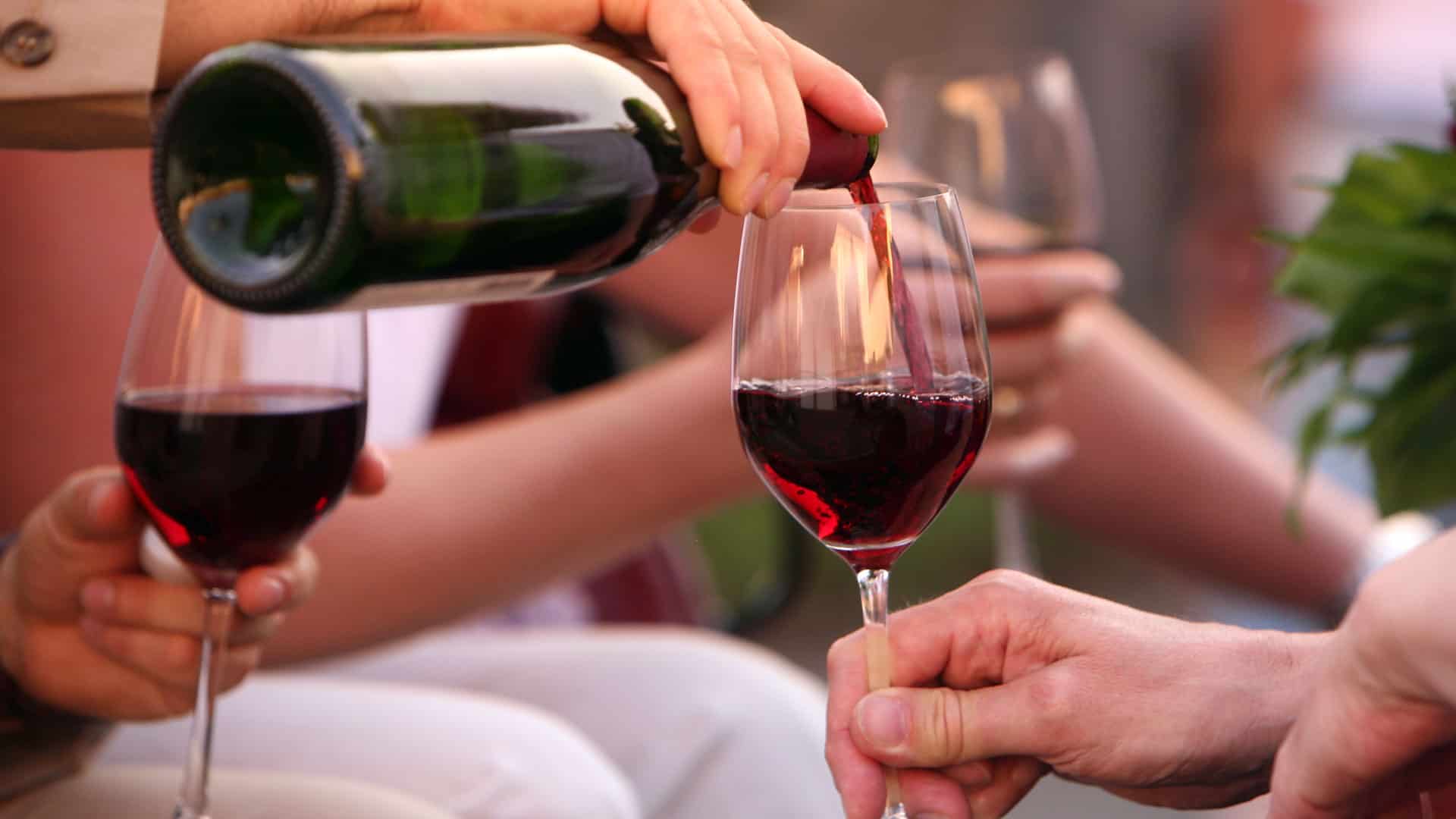
Wine and food: Cornalin combinations
The Cornalin du Valais red wine is an excellent choice for a variety of dishes.
Its full-bodied taste and rich fruitiness make it the ideal accompaniment to game dishes such as roast venison or saddle of venison.
A cheese platter with a selection of Valais specialties such as raclette and Valais mountain cheese harmonizes perfectly with Cornalin.
This red wine also goes well with other Swiss specialties such as Valais dried meat or rösti.
The Valais Cornalin red wine guarantees a particularly enjoyable experience with a hearty fondue to round off the flavors perfectly. 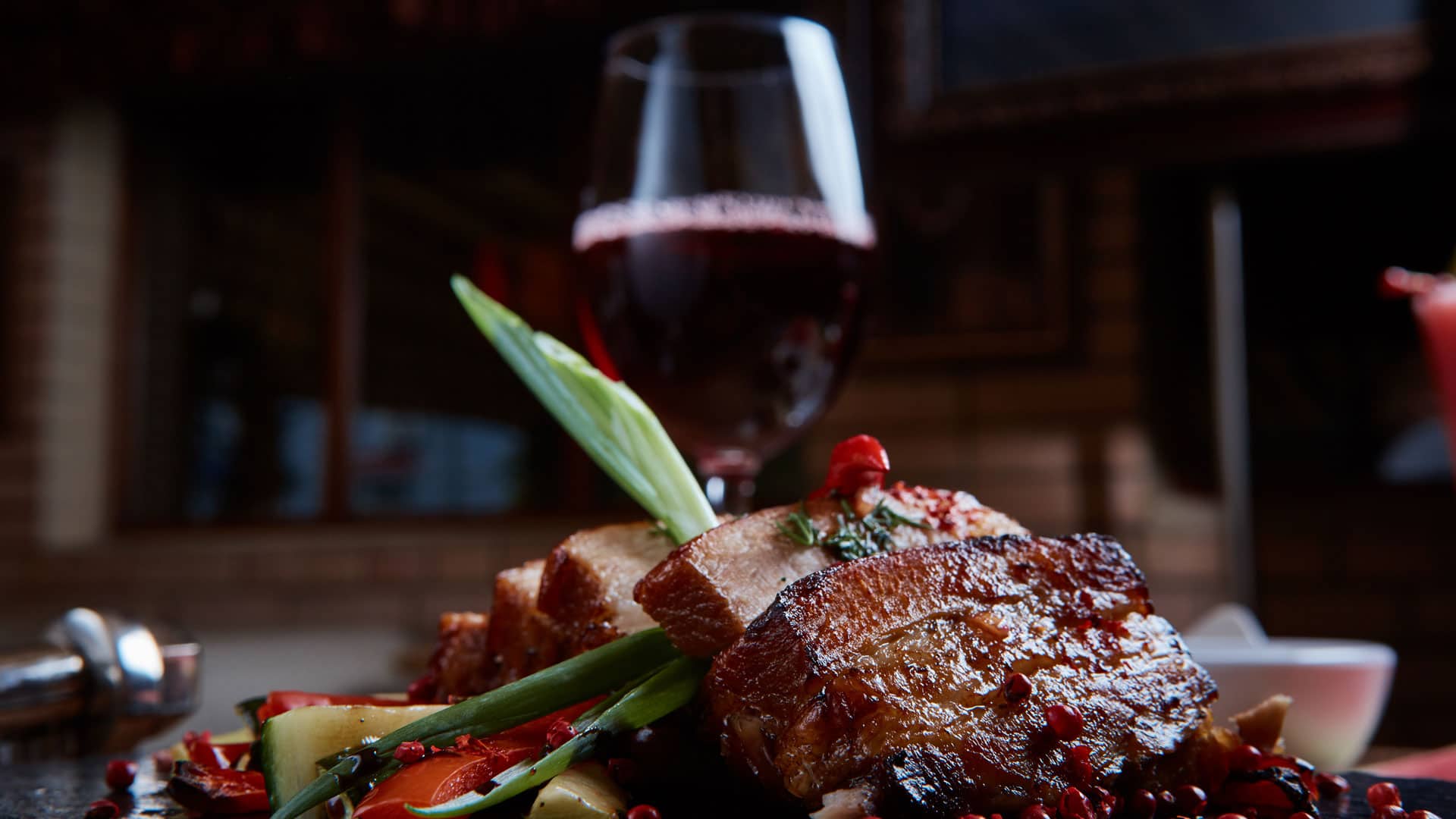
Cornalin Les Pyramides – Diego’s country red from the best vineyards
This Cornalin du Valais is grown on the best sites in Salgesch, on slightly chalky soils.
After a temperate first fermentation to promote the fruit aromas, the wine is matured in stainless steel tanks.
This results in a fruity wine that is typical of the variety.
This process preserves its youthfulness and can be enjoyed straight away at 16 degrees.
It presents itself with a dark color.
On the nose, it smells of ripe cherries and a hint of cloves.
Fresh and fruity on the palate, with a long finish, it goes perfectly with red meat and exotic cuisine.
The label shows the Weisshorn from its best side, namely from Randa.
At 4505 meters above sea level, it is one of the highest mountains in the Valais Alps.
The beauty of the Weisshorn cannot be surpassed. 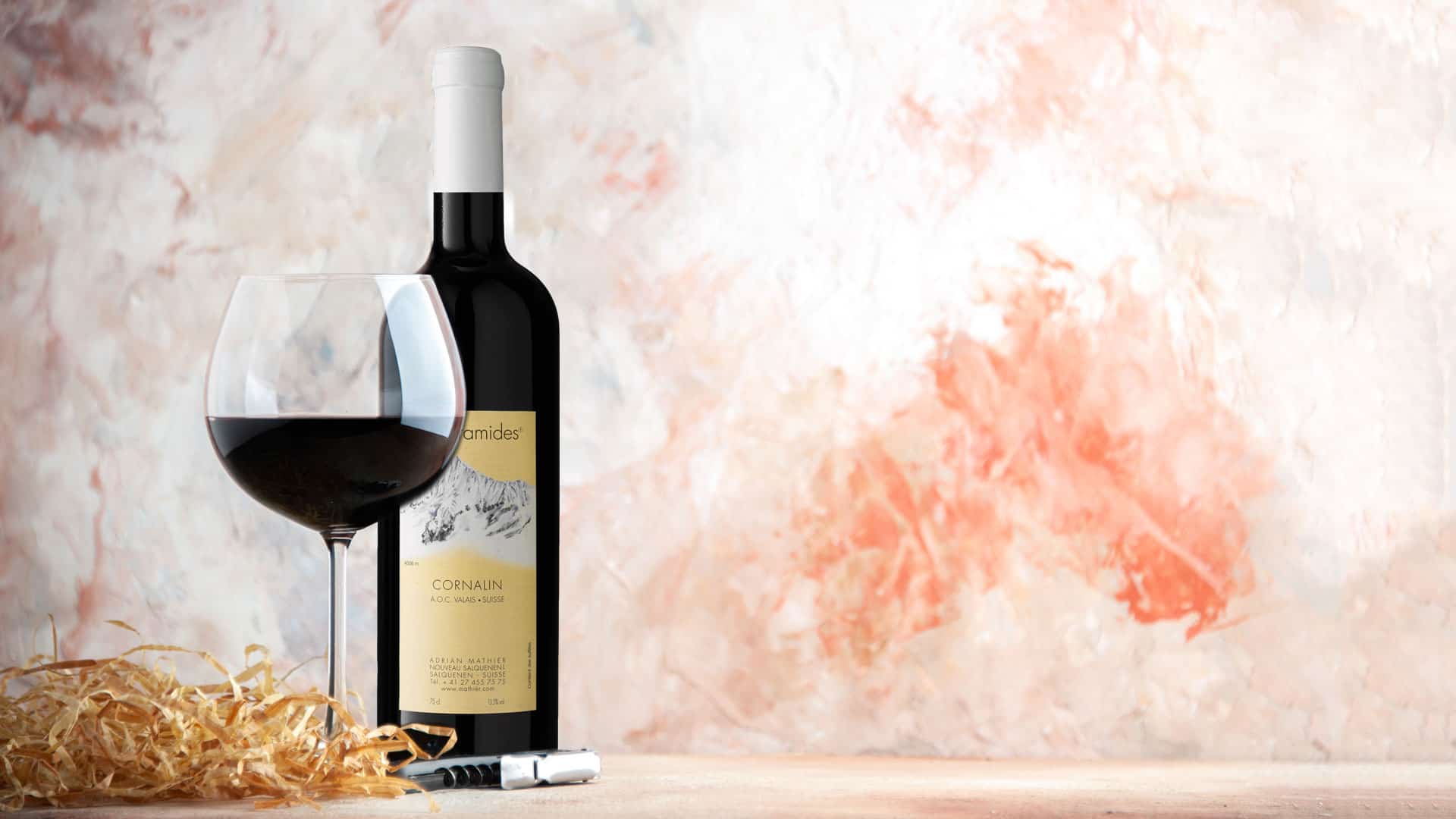
Cornalin Adrian Mathier – the maker and his wine
After the harvest, fermentation is carried out in Vinimatics to achieve optimum temperature control.
A Vinimatic is a closed fermentation tank with rotating paddles that are cooled from the outside with water.
These tanks minimize the extraction of the valuable grape juice during maceration as well as the potential for oxidation.
After fermentation, Cornalin Adrian Mathier is matured in barriques for 15 to 18 months.
A beautiful garnet-red color with cherry-red reflections can be recognized by the eye.
The bouquet is open-hearted and floral with accents of wild berries and acacia blossom.
On the palate, it is smooth and warm with a fruity character and a hint of liquorice.
The well-integrated tannins are complemented by the wine’s distinctive yet subtle character.
Depending on the quality of the vintage and the cellar, Cornalin du Valais can be aged for a long time.
The label is a reminder of the painstaking vineyard and pressing work, because the patience and work pays off with the incomparable character and top quality.
Adrian Mathier is a doer.
He has created and achieved an incredible amount in his life, mainly through physical labor.
He is a person who has worked all his life and has thus significantly shaped the wine business. 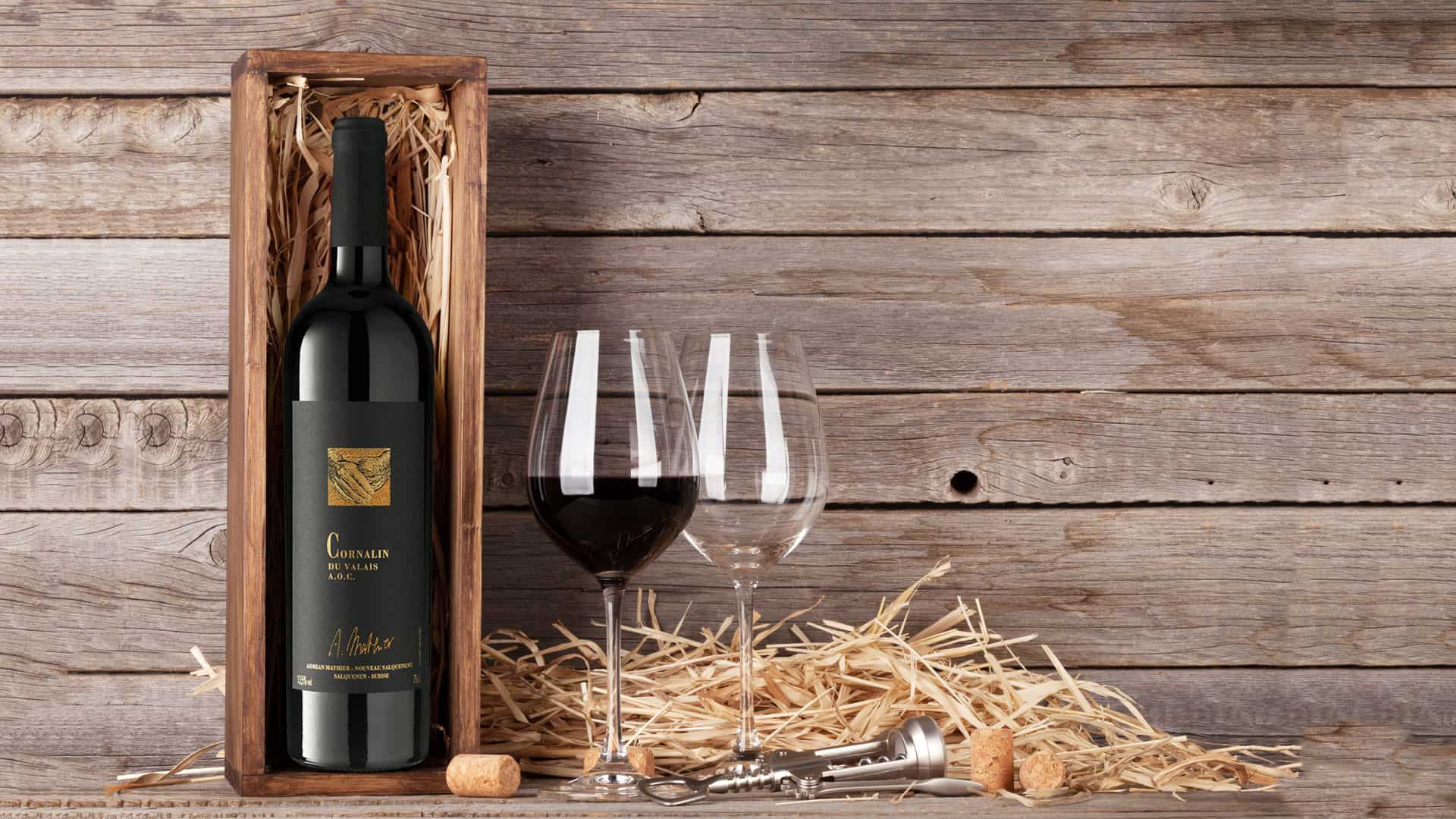
Cornalin Les Pyramides – Dynasty of the Pyramids
The Adrian & Diego Mathier Nouveau Salquenen winery is synonymous with fine wines.
Diego and Nadia Mathier have been running the family business since 2001.
Combined with the Mathier family’s 600-year history of tradition, they produce wines full of passion.
The wide variety of grape varieties and the great diversity of the wines are the pinnacle for the palate.
In 1995, Diego Mathier created a new wine line with “Les Pyramides”.
Inspired by the pyramids of Salgesch, halfway along the vineyard path to Sierre.
The Raspille mountain stream rushes at the foot of the pyramids.
It is the language border between the Upper and Lower Valais.
These bizarre pyramids were formed by erosion over thousands of years.
This grandiose backdrop inspired us to create the labels for the “Les Pyramides” range.
These include the red wines Cornalin, Humagne Rouge, Syrah and Pinot Noir – as well as the white wines Petite Arvine, Amigne, Heida, Humagne Blanc and Viognier. 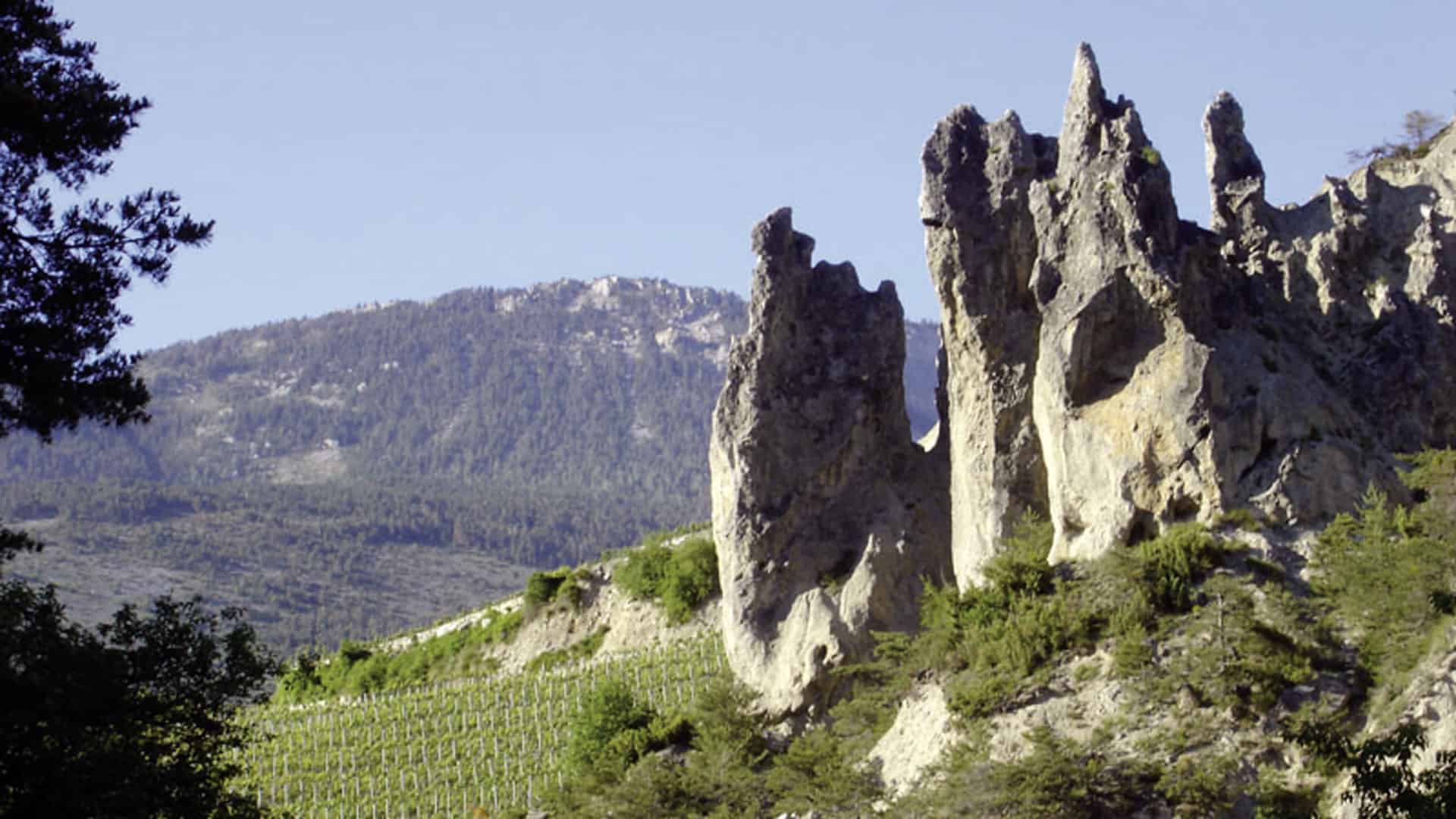
Interesting facts about Cornalin
What does Cornalin taste like?
Valais Cornalin is a lively delight.
Its taste is reminiscent of black cherry, raspberry and violet, while it caresses the palate with an abundance of soft tannins.
It is characterized by a subtle spiciness with hints of cinnamon and clove.

